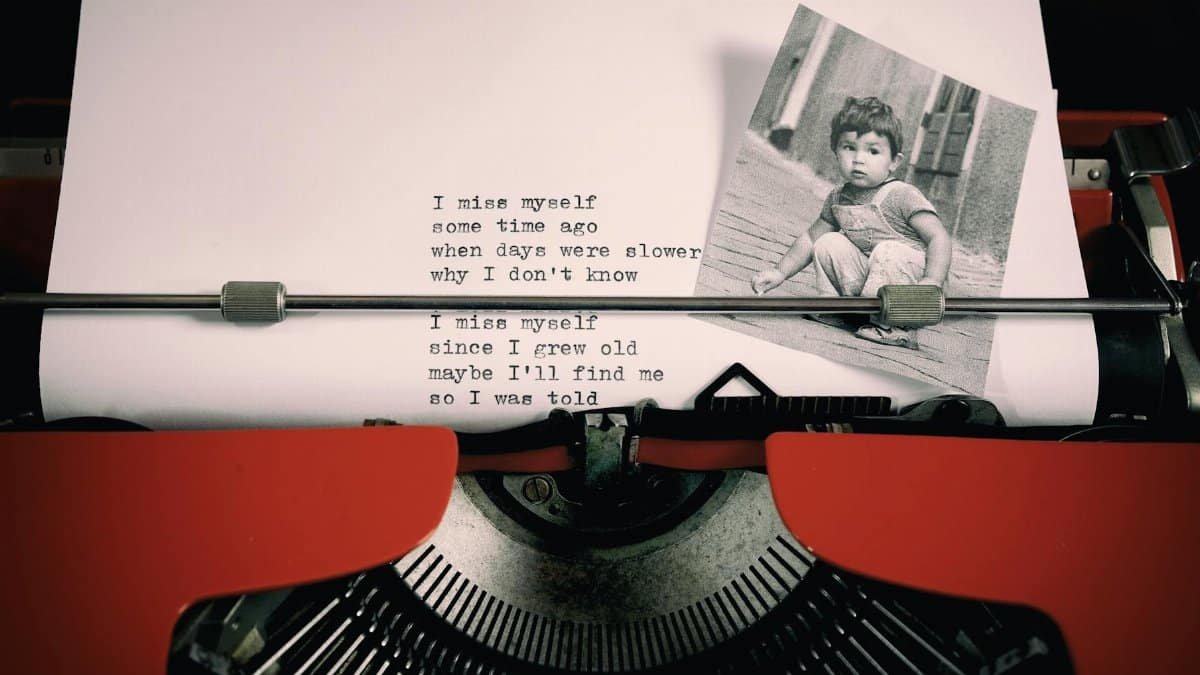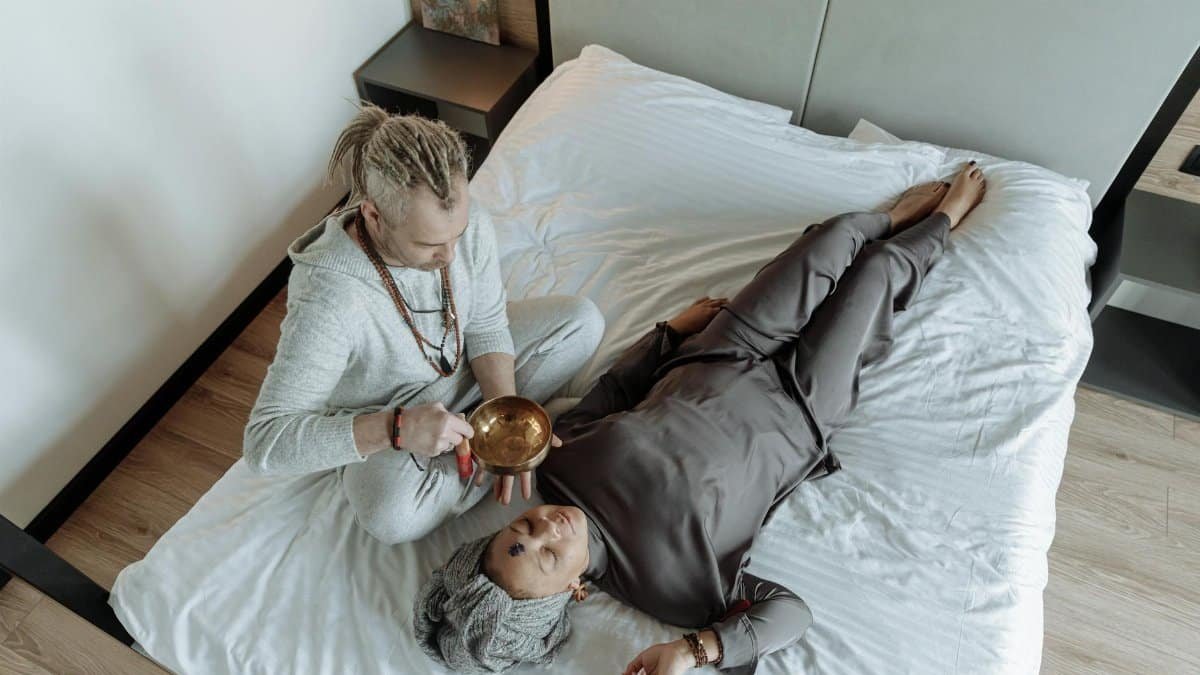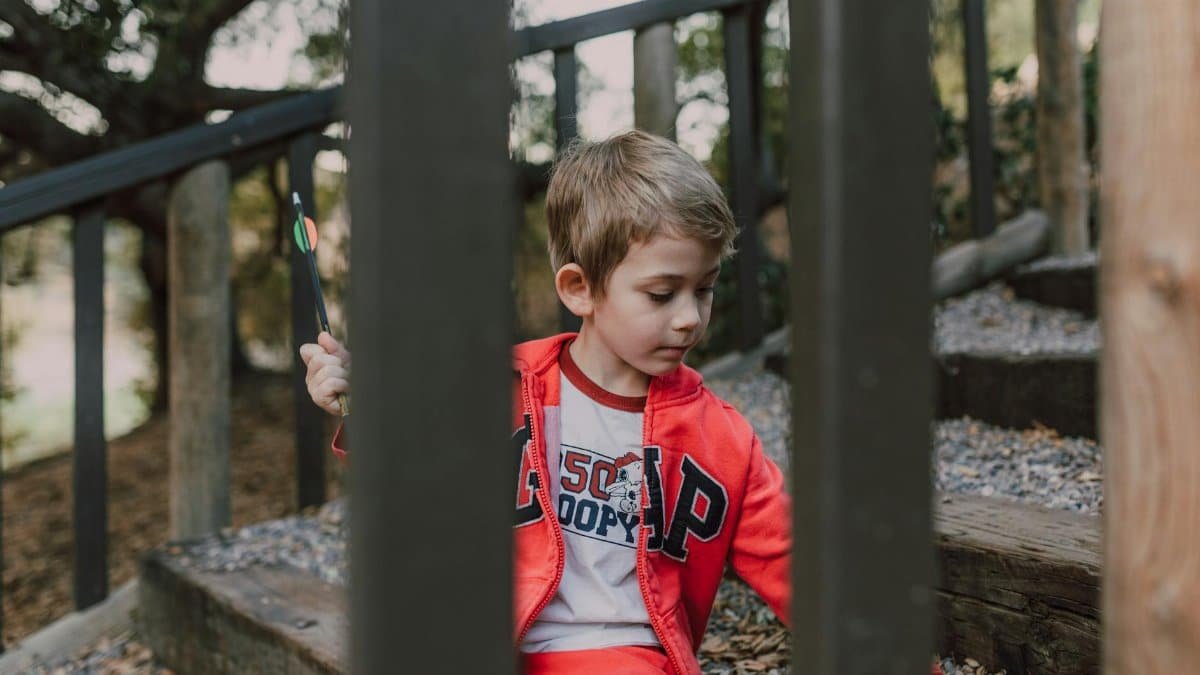Imagine a quiet room in a small wellness center in Portland, Oregon, where a circle of adults sits cross-legged on cushions, eyes closed, breathing in sync. One woman, in her late 40s, furrows her brow as if grasping at something just out of reach. “It’s like I’ve been here before,” she murmurs, describing a vivid scene of a dusty marketplace that feels more real than a dream. This isn’t just imagination at play. It’s a glimpse into the growing practice of exploring integrative past life memories—a concept that blends spiritual curiosity with therapeutic intent. For many Americans in 2025, this approach offers a way to process emotions, heal old wounds, and make sense of unexplained fears or affinities. Far from a fringe idea, it’s gaining traction as a tool for personal growth, rooted in the belief that echoes of past experiences can shape today’s reality.
What Are Integrative Past Life Memories?

At its core, the concept of integrative past life memories hinges on the idea that our souls carry imprints from previous existences. These aren’t just fleeting fantasies or stories we tell ourselves. Practitioners describe them as visceral sensations, images, or emotions that surface unbidden—often tied to specific triggers like a place, a scent, or even a stranger’s face. Unlike mere daydreams, the “integrative” piece emphasizes using these memories as a bridge to address present-day struggles. Think of it as a form of emotional archaeology. A therapist or guide might help someone unpack why they’ve always feared water, only to recall a vivid drowning scene from another time. The goal isn’t to prove the memory’s historical truth but to leverage it for healing now.
Research into this field remains limited, yet interest is climbing. A 2021 survey by the Pew Research Center noted that 33% of Americans believe in reincarnation—a foundation for past-life work. While hard data on integrative approaches specifically is scarce, the broader trend of alternative therapies suggests a hunger for meaning beyond conventional psychology.
The Therapeutic Angle: Healing Through Recall

Why would anyone dig into supposed past lives for answers? For many, it’s about unresolved pain. Take the story of a man in his 50s from Chicago, who shared anonymously at a workshop that he’d always felt a crushing guilt he couldn’t explain. Under guided meditation, he “saw” himself as a soldier abandoning a comrade in battle. Whether real or symbolic, the vision gave him a framework to process shame he’d carried for decades. Therapists who specialize in this work—often trained in hypnotherapy or transpersonal psychology—argue that the mind constructs narratives to heal, even if the source is unknowable.
Studies on trauma and memory offer some parallel insights. The National Institute of Mental Health highlights how unresolved trauma can manifest as physical or emotional symptoms. While past-life therapy isn’t directly studied, the principle of reframing deep-seated feelings aligns with trauma-informed care. Critics, however, caution against false memory syndrome, where suggestion might create rather than uncover memories—a risk any practitioner must navigate with care.
Cultural Resonance in 2025 America

Americans today are no strangers to blending old wisdom with new needs. From mindfulness apps to shamanic retreats, there’s a clear pivot toward holistic practices. Integrative past life memories fit snugly into this landscape, especially as people seek answers beyond traditional therapy or religion. In online discussions, some express frustration with conventional mental health approaches, craving something more personal. One anonymous account described feeling “like a puzzle with missing pieces” until past-life work offered a sense of closure. This resonates with a broader cultural shift—evident in the rise of spiritual podcasts and wellness expos—where the past, real or imagined, becomes a lens for understanding the present.
The numbers back this up indirectly. A report from the National Center for Complementary and Integrative Health shows steady growth in the use of non-mainstream therapies over the past decade. While past-life work isn’t explicitly tracked, its overlap with meditation and energy healing suggests it’s part of this wave.
Practical Steps to Explore Safely

Curious to try this for yourself? Start small and grounded. First, seek a qualified guide—often a licensed therapist with training in hypnotherapy or past-life regression. Credentials matter, as the field isn’t regulated, and an untrained facilitator could do more harm than good. Sessions might involve deep relaxation, guided imagery, or journaling to capture what surfaces. The focus should always be integration—how do these impressions, true or not, inform your life now?
Cost can be a barrier, with sessions ranging from $75 to $200 depending on location and expertise. If that’s out of reach, books and online resources offer a starting point, though they lack the personalized support. Above all, approach with an open yet critical mind. As one practitioner noted, “It’s less about believing in past lives and more about what the process reveals.” That mindset keeps the experience constructive rather than dogmatic.
Challenges and Skepticism

Not everyone buys into integrative past life memories, and that’s no surprise. Skeptics, including many psychologists, argue it’s a form of self-delusion or suggestibility. A 2018 article from Scientific American on related practices like hypnosis warns that vivid memories can be fabricated under suggestion, especially in vulnerable states. There’s also the ethical concern of exploiting grief—say, someone desperate to reconnect with a lost loved one through a “past” connection.
Even among believers, challenges persist. Some find the memories too intense, stirring up anxiety instead of relief. Others struggle to reconcile spiritual insights with everyday pragmatism. How do you explain to a spouse that your fear of commitment stems from a medieval betrayal? These tensions highlight why integration—tying the past to actionable growth—is so critical.
Looking Beyond the Self: Broader Impacts

What happens when this practice scales beyond personal healing? Some advocates see integrative past life memories as a way to foster empathy on a societal level. If you’ve “lived” as someone oppressed or marginalized in another era, the theory goes, you might better grasp systemic struggles today. Workshops in progressive hubs like San Francisco often frame past-life work as a tool for collective understanding, though evidence of this impact remains anecdotal.
Still, the idea of inherited or remembered pain isn’t new. Epigenetics—the study of how trauma can alter gene expression across generations—offers a scientific echo. While not directly linked to past lives, it suggests our bodies carry history in ways we’re only beginning to understand. For now, the broader potential of past-life integration remains a hopeful hypothesis, one that invites both curiosity and caution as it unfolds in 2025 and beyond.
Natasha is the heart of our exploration into conscious connection. Applying principles from multiple counseling courses in her own life, she guides you to cultivate stronger, more joyful bonds.
Disclaimer
The content on this post is for informational purposes only. It is not intended as a substitute for professional health or financial advice. Always seek the guidance of a qualified professional with any questions you may have regarding your health or finances. All information is provided by FulfilledHumans.com (a brand of EgoEase LLC) and is not guaranteed to be complete, accurate, or reliable.
